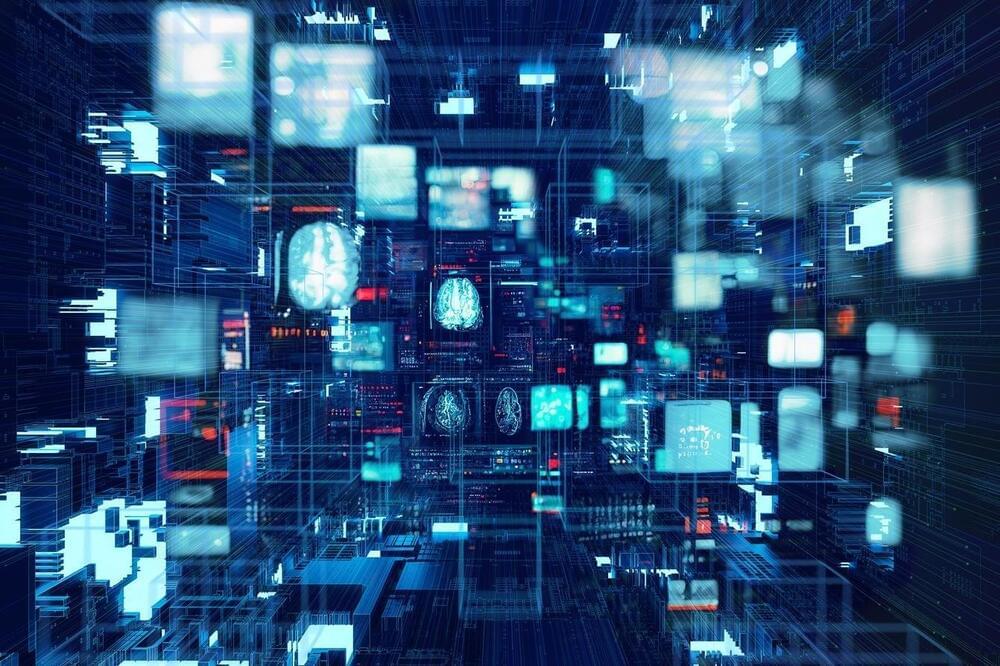The rapid evolution of artificial intelligence is transforming cybersecurity, offering unprecedented opportunities to defend against increasingly complex and automated threats. AI is no longer a support tool—it’s emerging as a central pillar of modern security strategies. From detecting anomalies and automating threat responses to augmenting security teams, AI is enabling defenders to act faster, scale their operations, and outpace attackers. However, as the technology advances, significant challenges remain, from adversarial AI to the cultural inertia of legacy systems.
Tomer Weingarten, CEO of SentinelOne, and Richard Stiennon, research analyst with IT-Harvest and author of Security Yearbook 2024, both highlight the potential—and limitations—of AI in cybersecurity. “It’s very early days for AI in security,” says Stiennon. “I have found 84 startups with various AI agents or which hope to deploy guardrails to protect companies from mishandling of data by users of AI. It’s way too early to say that any of them are having an impact on the ecosystem. That said, the future is clear. AI will be part of every cyber defense position.”
Weingarten echoes this sentiment, noting that AI’s role is rapidly expanding but far from mature. “AI is no longer just about supporting cybersecurity—it’s fundamentally changing how we secure systems, anticipate threats, and automate responses,” he explains.
